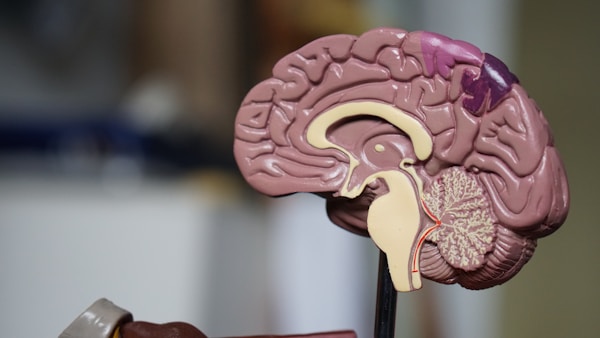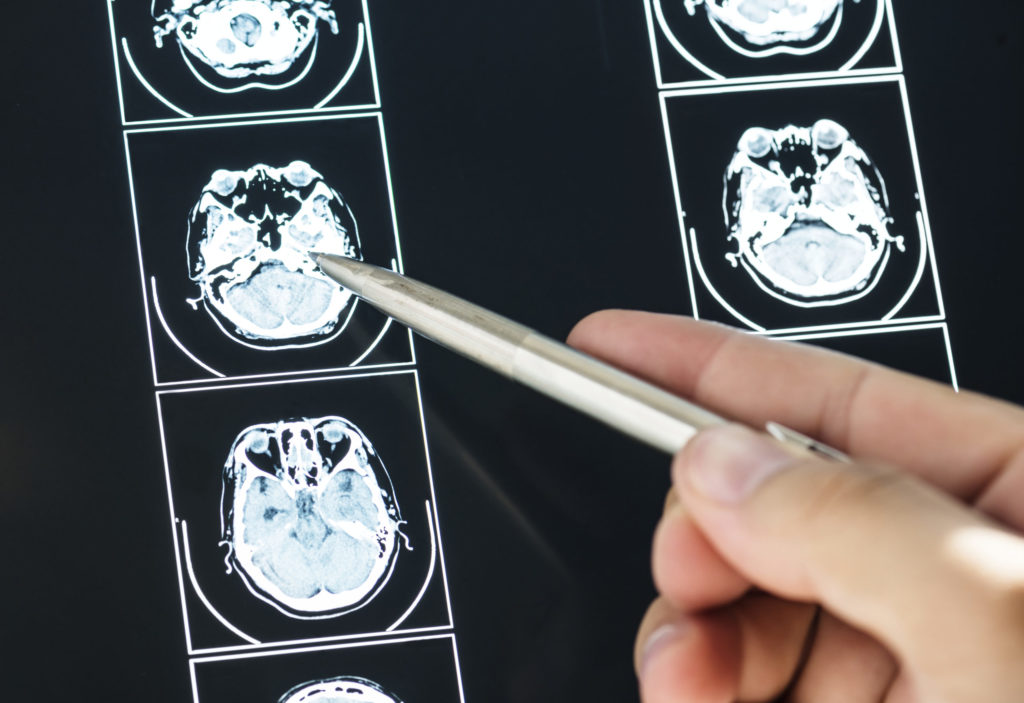Brain tumors are masses or lumps that form in the brain. They can be cancerous (malignant) or non-cancerous (benign). Brain tumors can occur at any age but are found most commonly in adults. Brain tumors can cause a variety of symptoms, depending on the size and location of the tumor. There are many reasons why you might suspect you have a tumor, and many of them warrant a visit to your doctor. If you’re concerned or you just want to be more informed about your health, read on to learn about how brain tumors are detected early.
How are brain tumors detected early?

Brain tumors can often be detected early by screening patients and learning about their family history. Symptoms of a brain tumor can mimic other diseases, so you have to get a proper diagnosis. If a brain tumor is found early, there is a better chance for a cure. If there is a family history of brain tumors, patients should be screened at a younger age. If you have a family history of tumors or other health issues, it’s necessary to be even more proactive about looking out for signs and symptoms and visiting your doctor if you notice anything unusual about your health. Symptoms of tumors can vary significantly, so don’t rule anything out until you’ve talked to a professional.
Beyond family history, there are also a variety of different diagnostic procedures that can be used to detect brain tumors early. One of the most common diagnostic tools is a magnetic resonance imaging (MRI) scan. MRI scans use a powerful magnetic field and radio waves to create detailed images of the inside of the body. This type of scan can be used to detect tumors, even if they are small. Another common tool is a computerized tomography (CT) scan. This type of scan uses x-rays to create images of the body. CT scans can be used to detect tumors that are located near the surface of the brain.
If a doctor suspects a tumor, a biopsy is typically used to confirm. A brain tumor biopsy involves removing a small sample of brain tissue for examination in a laboratory. This procedure can be used to detect a brain tumor early when it is most treatable. The biopsy procedure is minimally invasive and can be performed with either a local or general anesthetic. With this combination of diagnostics, screening, and surgical intervention, you’ll have the best chance of catching a tumor before it grows.
What can you do to protect your brain health?

It’s no secret that what we eat affects not only our physical health but our mental well-being as well. A diet that is good for our brain is one that is low in sugar and processed foods, and high in healthy fats, vegetables, and protein. Some foods that are particularly good for brain health include oily fish, such as salmon and sardines, nuts, seeds, avocado, and berries. These foods are high in omega-3 fatty acids, which are necessary for cognitive function and preventing age-related brain decline. Vitamin B12 is also essential for good brain health, as it also supports cognitive function and reduces the likelihood of brain shrinkage.
Sleep is needed for the overall health of your body, including your brain. When you don’t get enough sleep, your brain cells can’t work as well as they should. This can lead to problems with thinking, memory, and decision-making. Sleep is especially important for young people. A recent study showed that people who don’t get enough sleep in their teenage years are more likely to have problems with memory and decision-making as adults. If you have trouble sleeping, talk to your doctor. There may be some medications or therapies that can help.
It’s obvious that brain tumors are a major health concern, and early detection is crucial for the best possible outcome. While some tumors are benign and can be easily treated, others are cancerous and can be deadly. Unfortunately, there is no single test that can detect all brain tumors. Often, diagnosis requires a combination of tests, including a CT scan and an MRI. You can improve your general brain health and overall wellness by eating a healthy diet and making sure that you get enough sleep on a regular basis.





